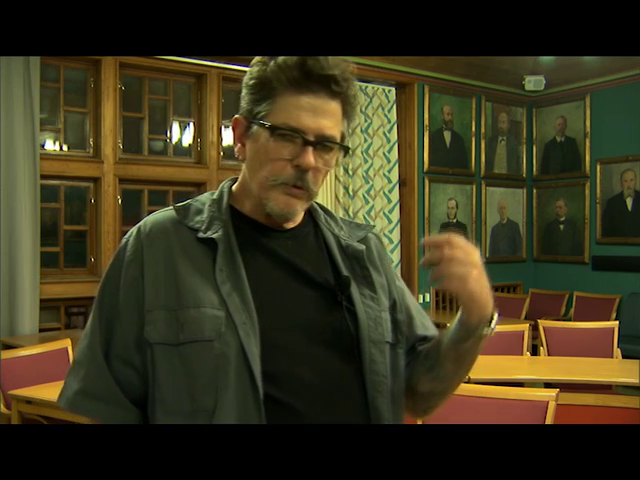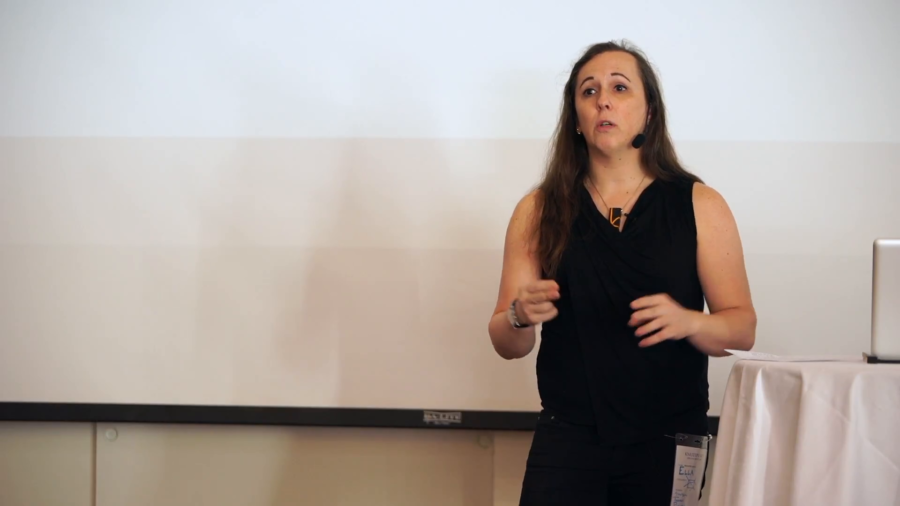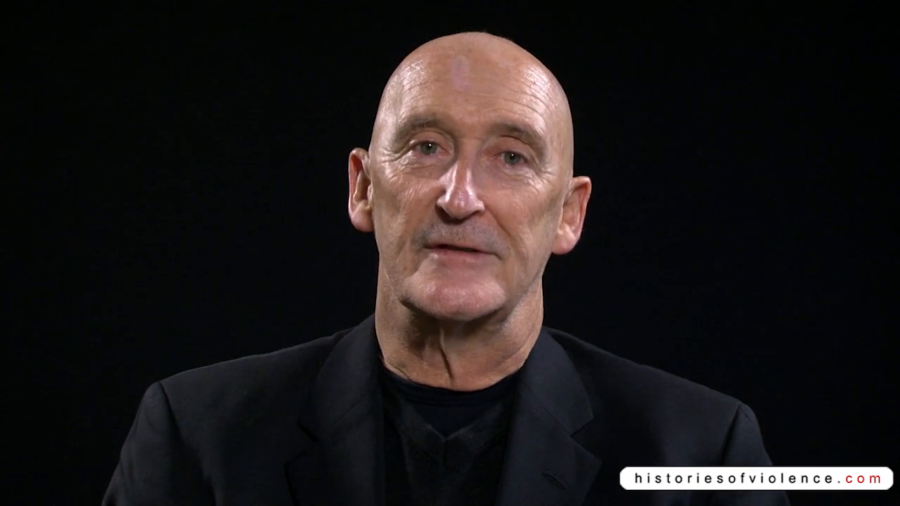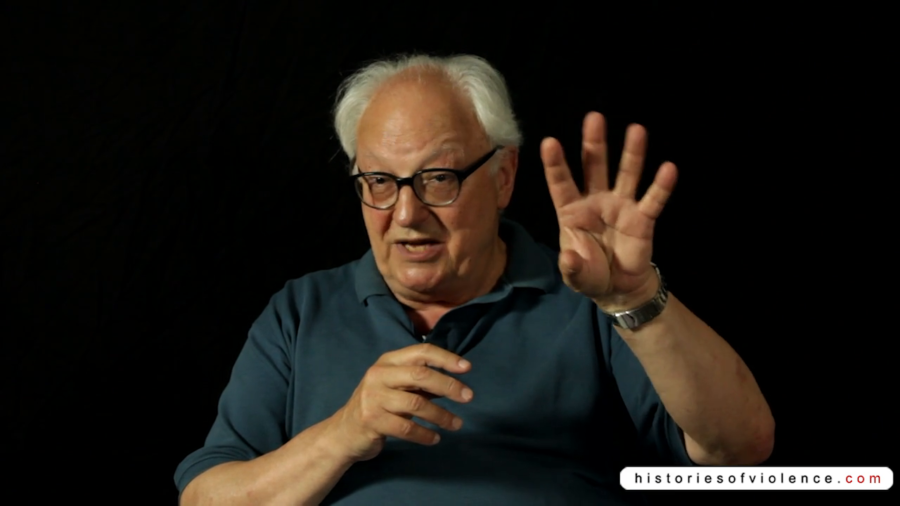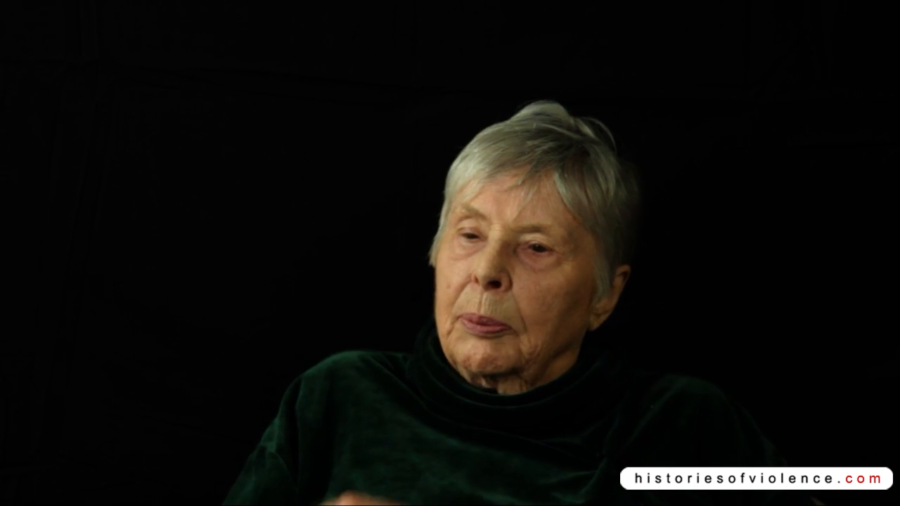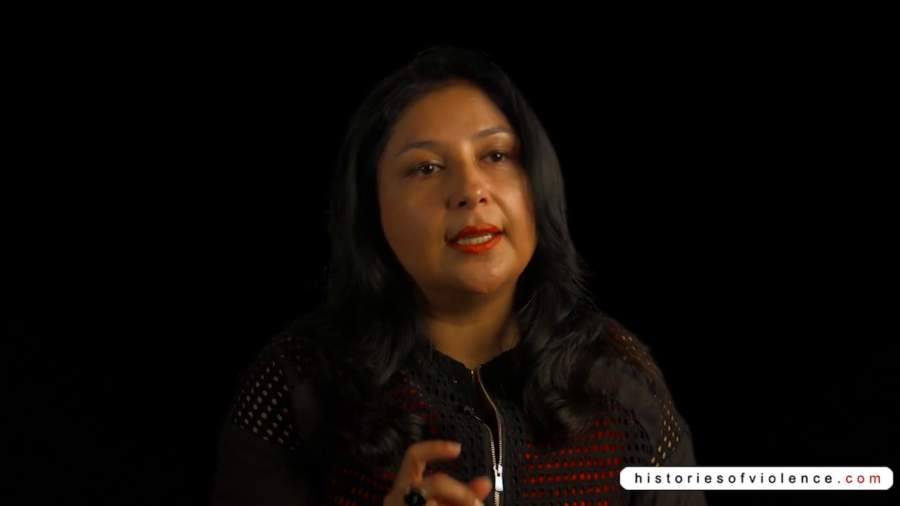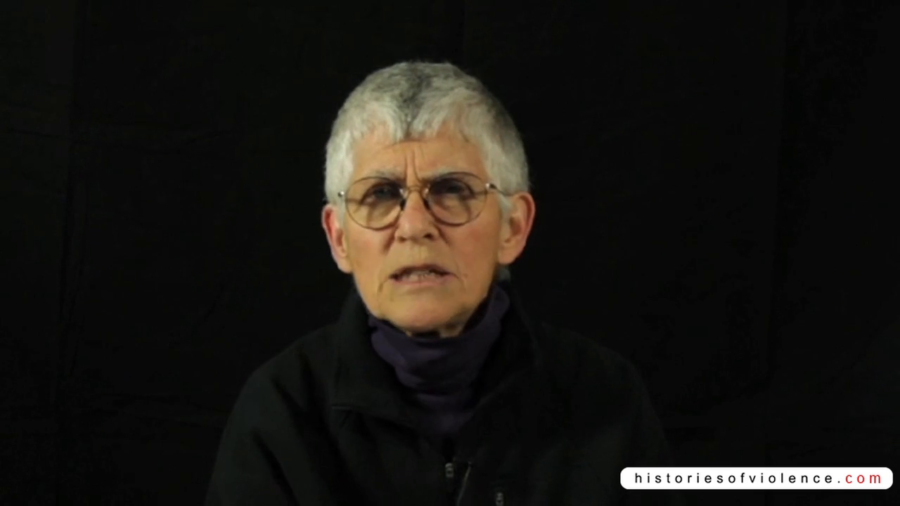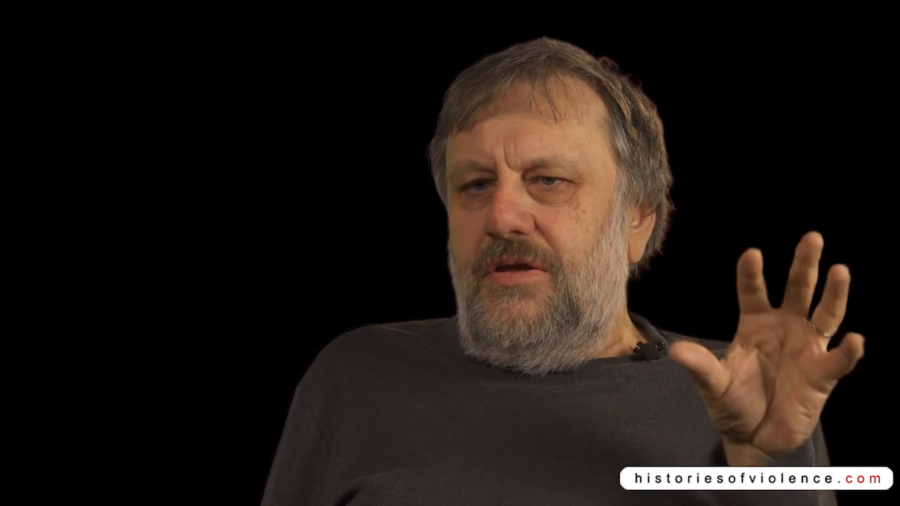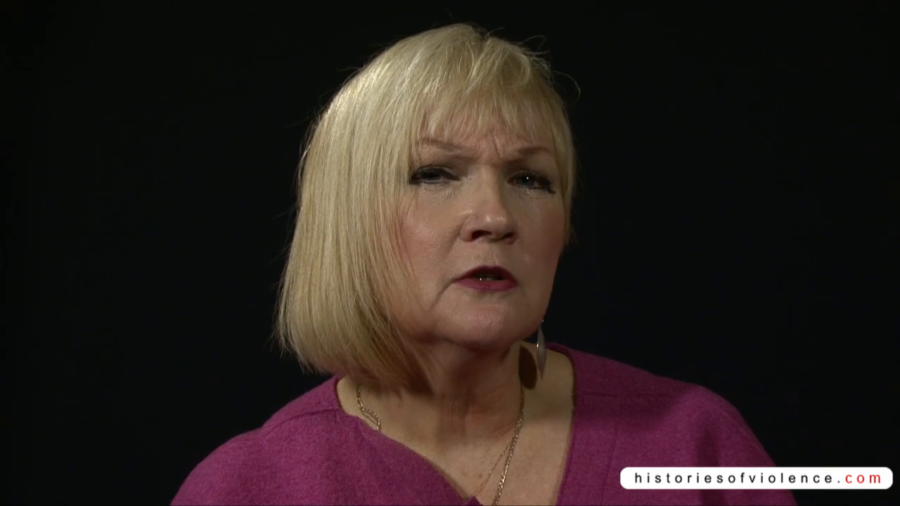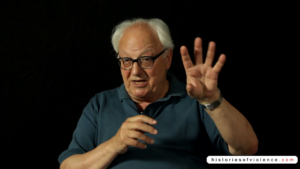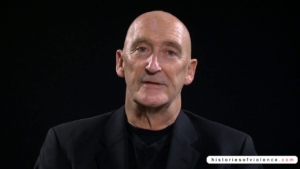Irony is like sentimentality, a kind of violence to the form, to the narrative. And in a sense, these days we probably need a new term because irony is insufficient. It is the post-ironic moment. It is very hard in a vocabulary that has been so mediated and coopted by marketing, it is very hard for people to not be ironic, to not be snarky and sarcastic.
Don’t Be Human
presented by Michael Cook
With Twitter bots and a lot of AI in pop science, it's kind of like staying up late with your parents. Once you ask to be treated like a human being, you have to abide by a different set of rules. You have to be extra good. And the second you misbehave, you get sent to bed. Because you didn't play by the rules that you were agreeing to be judged by. Read more →

